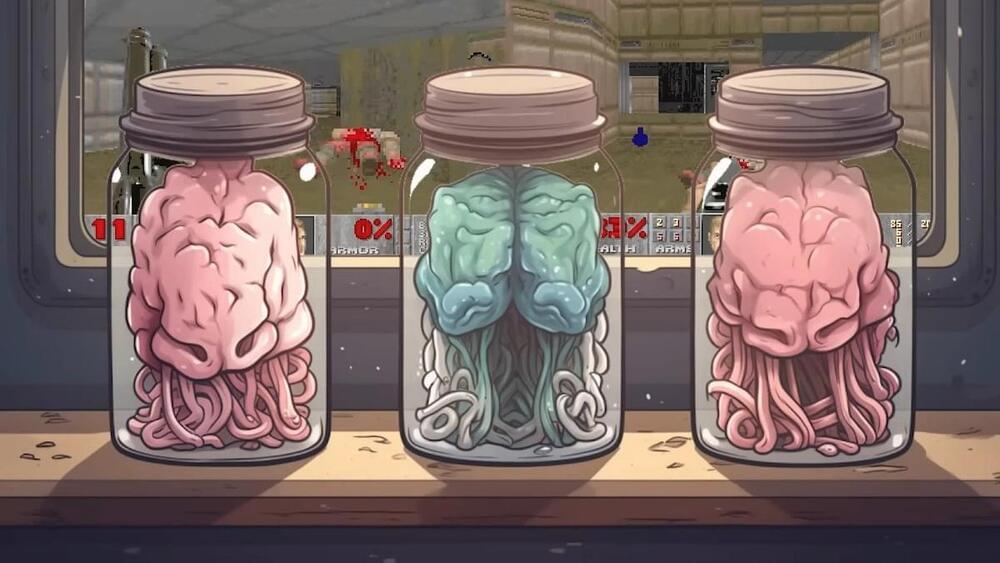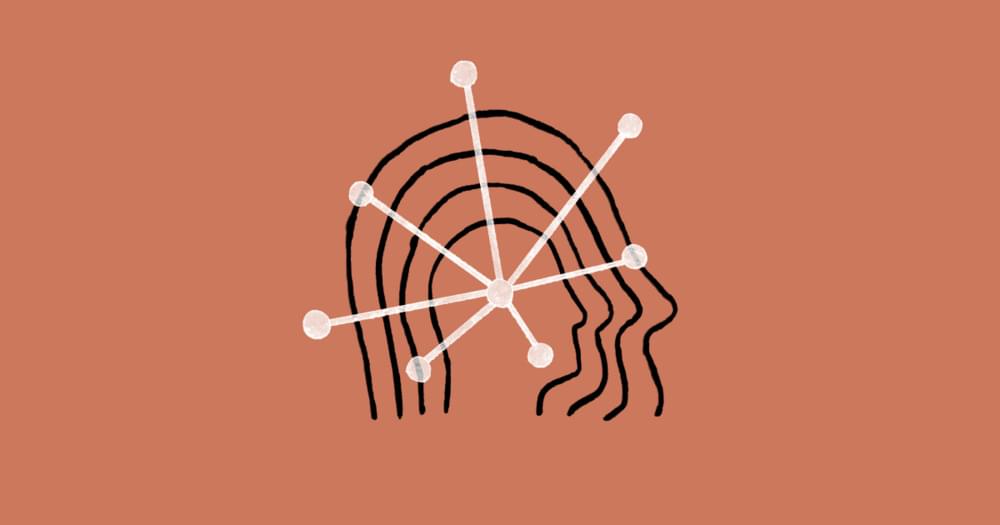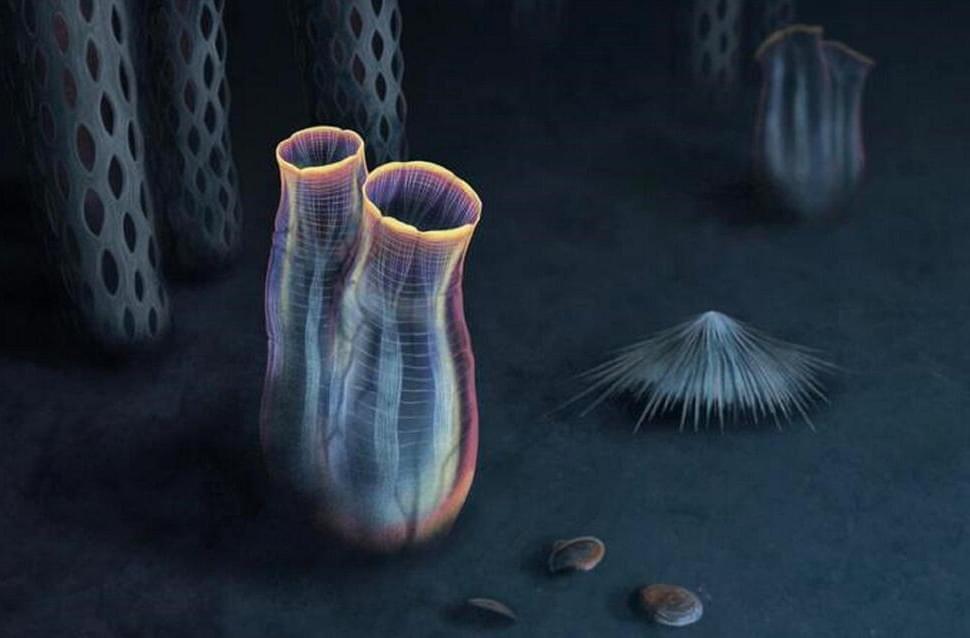Jul 19, 2023
Cover-Up Of Promising Cancer Treatment | Cancer Research | Documentary
Posted by Paul Battista in categories: biotech/medical, economics, education, health
The story of a young science-writer at Memorial Sloan-Kettering Cancer Center, who risked everything by blowing the whistle on a massive cover-up involving a promising cancer therapy.
Cover-Up Of Promising Cancer Treatment (2014)
Director: Eric Merola.
Writers: Eric Merola.
Stars: Robert Good, Ben Moss, Martha Moss.
Genre: Documentary, Biography, Drama.
Country: United States.
Language: English.
Also Known As: Second Opinion — The Lie of America’s War on Cancer.
Release Date: March 1, 2014 (United States)
Continue reading “Cover-Up Of Promising Cancer Treatment | Cancer Research | Documentary” »


















